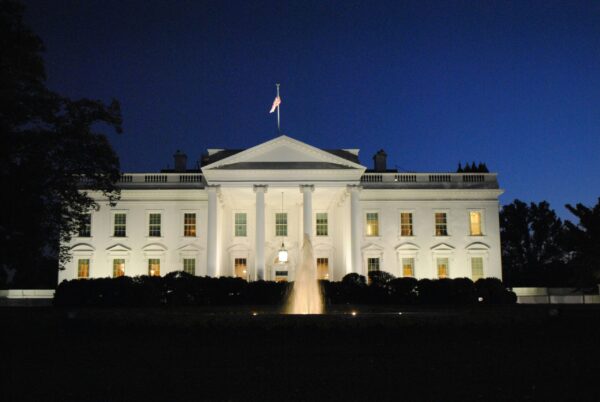This week brings several significant developments at the intersection of government and AI technology, highlighting how states and cities across the U.S. are advancing AI policy, data infrastructure, and education.
Government Technology has published an updated AI policy tracker map, marking a major shift in state-level AI governance. By early October, 33 states have formed AI Task Forces or equivalent bodies, up from just 26 earlier this year. This rapid growth shows an increasing commitment to formalizing nationwide AI oversight. The map also highlights which states have implemented significant AI regulations or governance policies, which are developing AI literacy and training curriculums for both public and private sector workforces. These developments reflect the growing need for structured, responsible AI integration at all levels of government.
New York City’s Data Modernization Efforts
New York City’s Office of Technology and Innovation has announced a major initiative to consolidate, reorganize, and update its city-wide datasets. This project is designed to optimize the city’s data infrastructure, enabling more effective deployment of AI systems. By modernizing and streamlining these datasets, New York is setting the stage for AI-driven improvements in city operations and public services, offering a model for other cities looking to harness AI’s potential.
California’s AI Literacy Law for K-12 Schools
In a groundbreaking move, California has passed new legislation requiring K-12 schools to develop and implement AI literacy curriculums. The law mandates that students be trained to use AI across key subjects such as math, science, and history, ensuring that the next generation is prepared for an AI-powered future. This forward-thinking policy positions California as a leader in integrating AI into education, addressing technological competency and ethical considerations.
